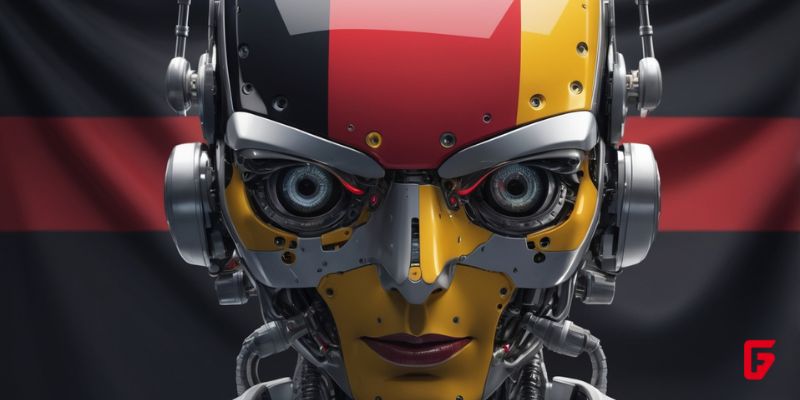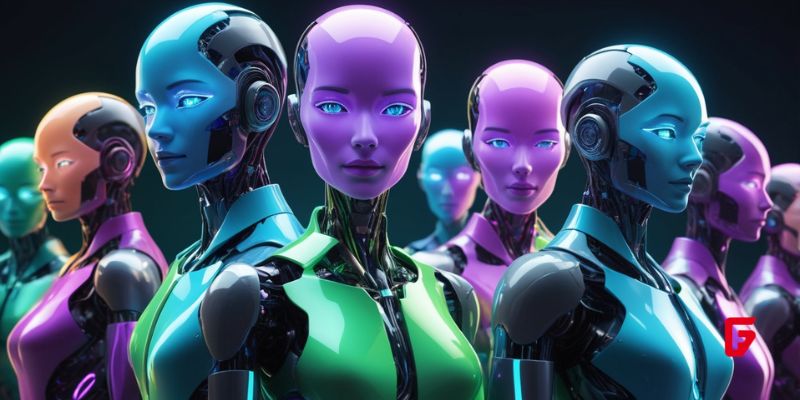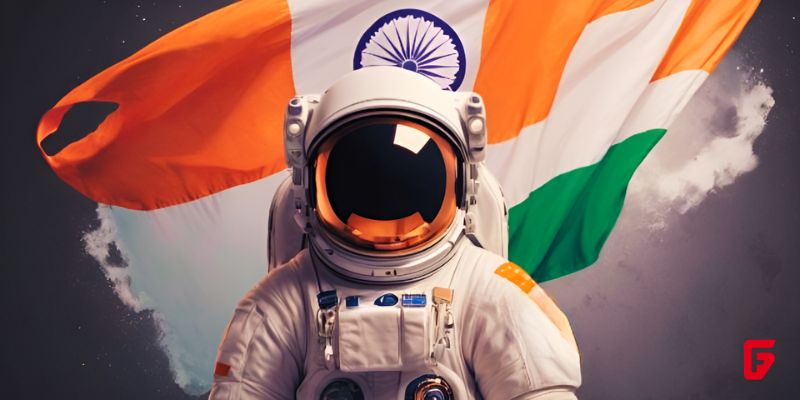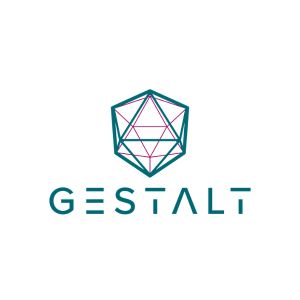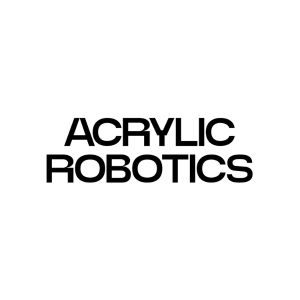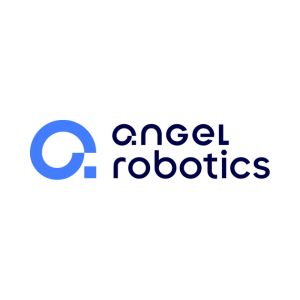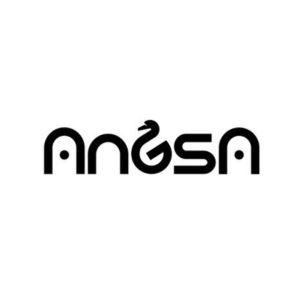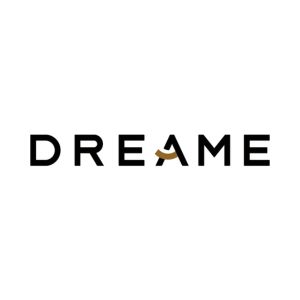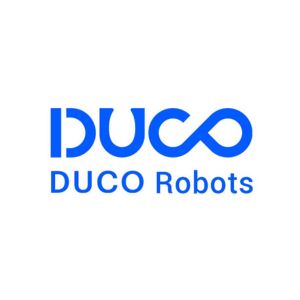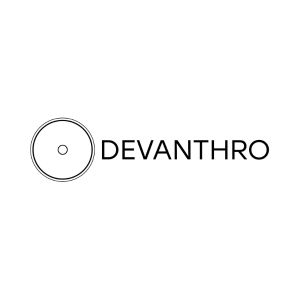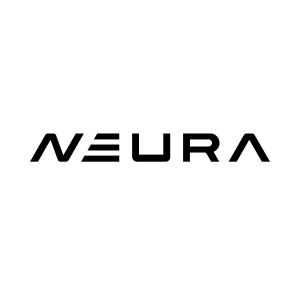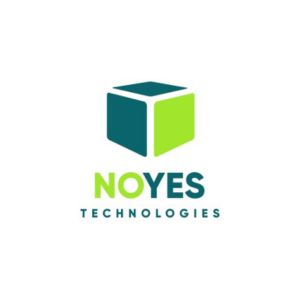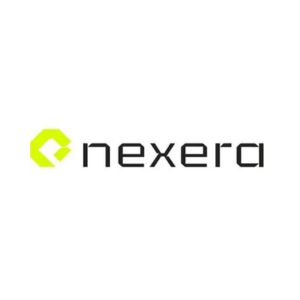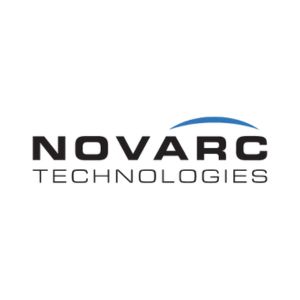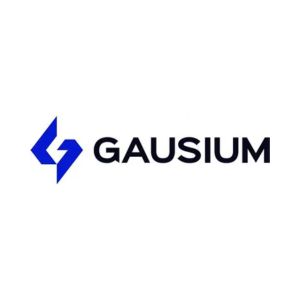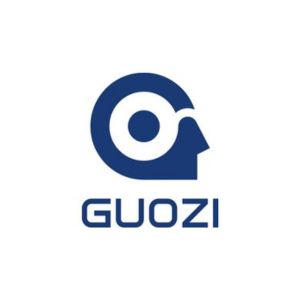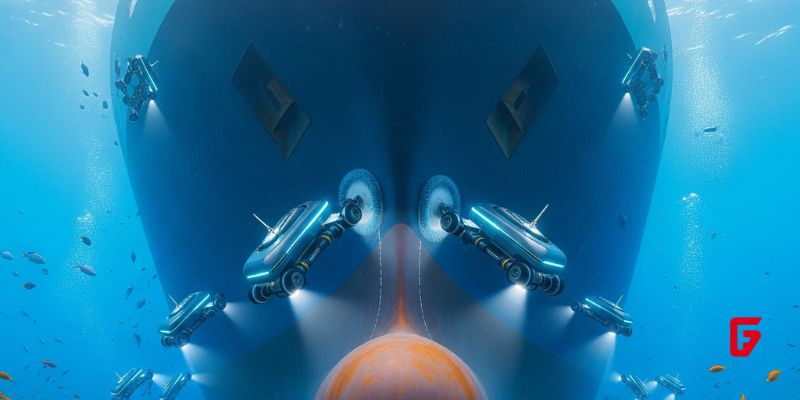
The maritime industry is facing a major turning point, and Nautica Technologies is at the center of it. This Swiss robotics startup has just landed a $4 million seed round led by b2venture, with backing from Partners in Clime, Prequel Ventures, Rethink Ventures, and a host of angel investors with deep roots in robotics and maritime technology.
Tackling the Biofouling Challenge
One of the most persistent problems in shipping is biofouling—the buildup of marine organisms on ship hulls. This seemingly minor issue can spike fuel consumption by up to 35%, translating to higher emissions and soaring operational costs. With new regulations like the IMO Carbon Intensity Indicator (CII) and the EU Emissions Trading System (EU ETS) now in force, ship operators are under mounting pressure to cut their CO₂ emissions and boost efficiency.
Autonomous Underwater Robots: The Nautica Solution
Nautica’s answer is a fleet of autonomous underwater robots that continuously clean and inspect ship hulls. These robots operate as a coordinated swarm, proactively removing biofouling before it impacts performance. Unlike traditional methods—which rely on divers or harsh chemicals—Nautica’s system works automatically and with minimal disruption to ship operations, offering a chemical-free and environmentally friendly alternative.
Key features include:
Continuous, automated hull cleaning and inspection
No need for GPS or manual intervention
Reduced vessel downtime
Scalable, AI-driven maintenance platform
Why It Matters
The shipping industry is under intense scrutiny to decarbonize and optimize operations. Nautica’s technology directly addresses these challenges by:
Reducing fuel consumption and emissions
Helping vessels comply with tightening environmental regulations
Minimizing the risk of spreading invasive marine species
The Team and Vision
Founded in 2024 by robotics specialists from ETH Zurich and EPFL, Nautica is led by CEO Cédric Portmann. The company’s vision is clear: shift hull maintenance from a reactive, costly process to a continuous, automated solution that’s both economically and ecologically sound.
What’s Next?
With fresh funding in hand, Nautica is set to:
Commercialize its technology
Expand pilot projects with international partners
Scale up production
Grow its engineering and commercial teams
The company’s AI-powered OceanMind© platform will also see further development, cementing Nautica’s position as a leader in sustainable maritime maintenance and data-driven ship management.
Nautica Technologies is not just building robots—it’s redefining how the world’s ships stay clean, efficient, and compliant in an era where automation and sustainability are no longer optional, but essential.

futureTEKnow
Editorial Team
futureTEKnow is a leading source for Technology, Startups, and Business News, spotlighting the most innovative companies and breakthrough trends in emerging tech sectors like Artificial Intelligence (AI), Robotics, and the Space Industry.
Discover the companies and startups shaping tomorrow — explore the future of technology today.
Trending Companies
Latest Articles
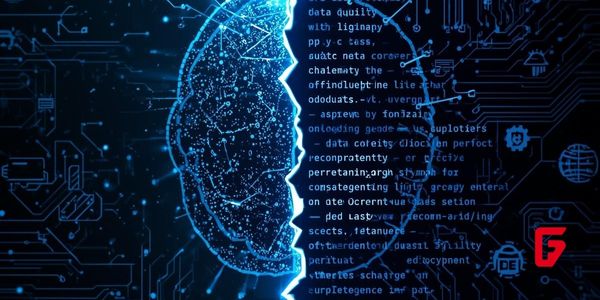
AI Didn’t Fail; Your Data Warehouse Did
After decades in IT project management and business analysis, one truth has stayed constant: when AI projects fail, it’s rarely
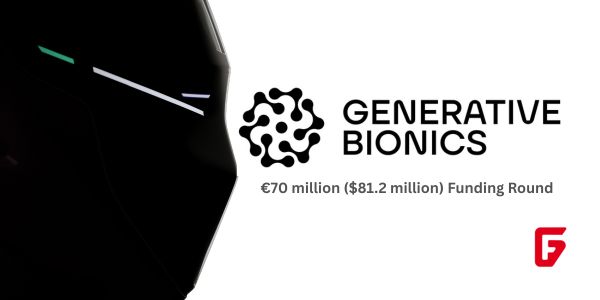
Generative Bionics: The Italian Humanoid Robotics Spin-Out Bringing Physical AI to the Factory Floor
Generative Bionics, an Italian spin-out from IIT, is building Physical AI–powered humanoid robots to tackle labor gaps and modernize industrial
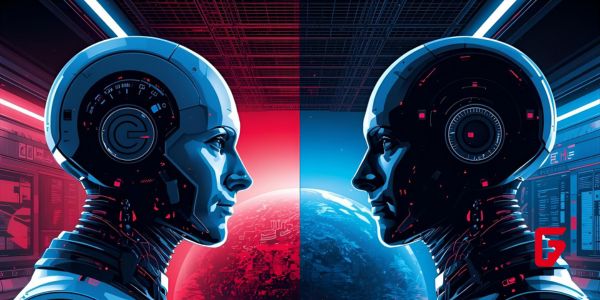
OpenAI vs. Google AI, SpaceX & Blue Origin Race for Space Data Centers, Meta’s AI Pivot, and Robotics Breakthroughs
Stay ahead of AI and space tech wars: OpenAI vs Google AI, SpaceX and Blue Origin’s race for orbital data
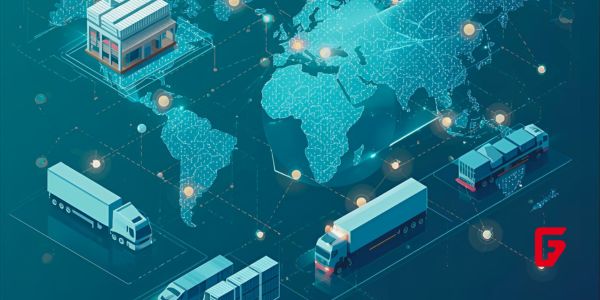
10 AI-Driven Supply Chain Optimization Companies to Watch in 2026
This article explores 10 AI-driven supply chain optimization companies to watch in 2026, highlighting how their platforms improve forecasting, logistics,
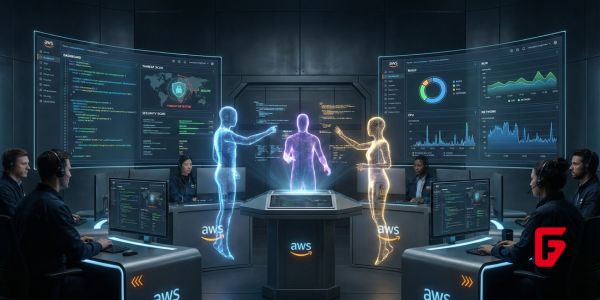
AWS Frontier Agents: Autonomous AI Coders That Build, Secure, and Run Apps for Days Without Human Oversight
AWS frontier agents introduce a new era of autonomous AI coders that can build, secure, and run applications for days
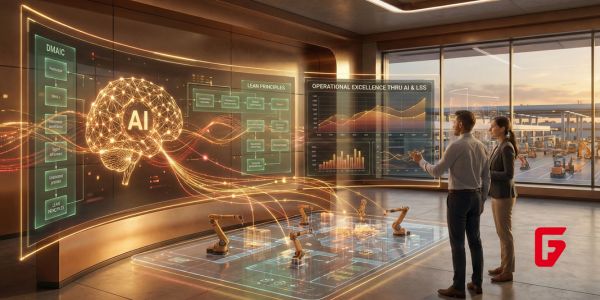
How AI Is Transforming Lean Six Sigma: The New Era of Operational Excellence 2.0
Explore the cutting-edge ways AI is enhancing Lean Six Sigma, from real-time process insights to predictive controls, ushering in a
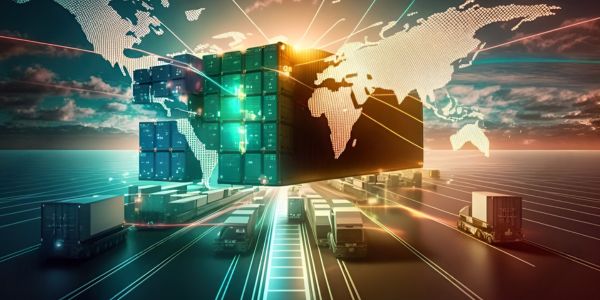
Top Supply Chain Challenges in 2025 — and How High-Performing Teams Use AI to Solve Them
Facing supply chain challenges in 2025? High-performing teams leverage AI for risk management, demand forecasting, supplier analytics, and end-to-end visibility

How to Build a High-Impact Supply Chain Center of Excellence (CoE):A Blueprint for Operational and Inventory Excellence in the Age of AI
Craft an AI-powered supply chain Center of Excellence that unifies control tower visibility, analytics, and inventory optimization into one strategic
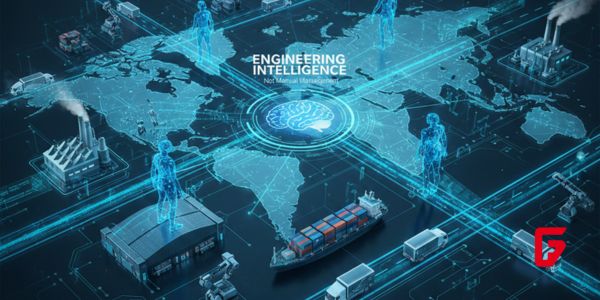
The Future of Supply Chain Leadership: Why the Next Generation Will Engineer Intelligence, Not Just Manage It
Supply chain leadership is being redefined by AI, intelligent automation, and agentic decision-making, demanding leaders who can engineer end-to-end intelligence
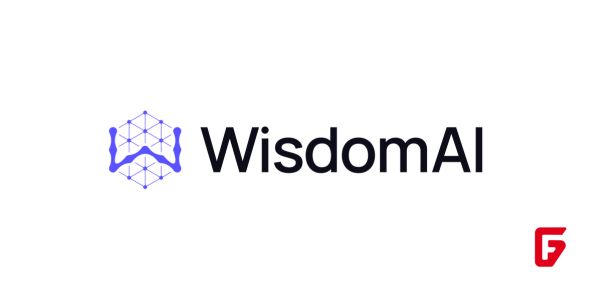
How WisdomAI’s $50M funding round positions it to redefine AI analytics and business intelligence
WisdomAI has closed a $50M Series A led by Kleiner Perkins and Nvidia’s NVentures to turn fragmented enterprise data into

Saia Agrobotics Raises €10M to Make Greenhouse Farming Smarter with Robots
Dutch agri-tech startup Saia Agrobotics has raised €10M to expand its greenhouse automation system using AI-powered robots that make farming

Bridgit Mendler’s Northwood Space Startup: Unleashing the Next Era of Satellite Connectivity
Bridgit Mendler’s Northwood Space is pioneering mass-produced ground stations, enabling scalable, high-speed connectivity for the new era of satellite networks
futureTEKnow is focused on identifying and promoting creators, disruptors and innovators, and serving as a vital resource for those interested in the latest advancements in technology.
© 2026 All Rights Reserved.
